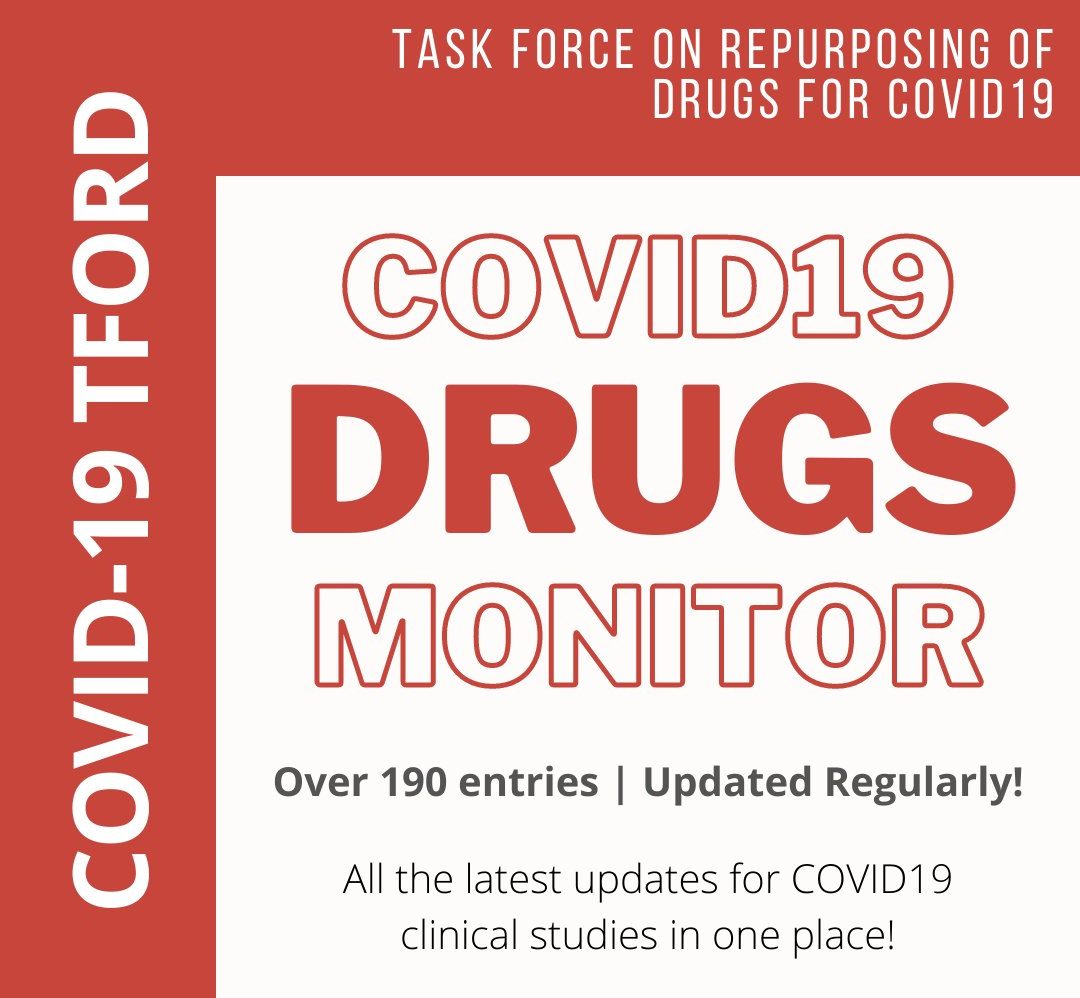(29 May 2021) LPV/R, LPV,IFN,HCQ- did not improve the clinical status at day 15 in hospitalized patients
An open-label randomized, controlled trial of the effect of lopinavir/ritonavir, lopinavir/ritonavir plus IFN-beta-1a and hydroxychloroquine in hospitalized patients with COVID-19
https://doi.org/10.1016/j.cmi.2021.05.020
Adaptive, controlled trial (DisCoVeRy), add-on trial to Solidarity (NCT04315948, EudraCT2020-000936-23)- The intention-to-treat population included 583 participants (lopinavir/ritonavir, n=145; lopinavir/ritonavir-IFN-beta-1a, n=145; hydroxychloroquine, n=145; control, n=148), among whom 418 (71.7%) were male, the median age was 63 years (IQR, 54-71) and 211 (36.2%) had a severe disease. The day-15 clinical status was not improved with investigational treatments: lopinavir/ritonavir versus control, adjusted odds ratio (aOR) 0.83, (95% confidence interval [CI] 0.55-1.26, P=0.39); lopinavir/ritonavir-IFN-beta-1a versus control, aOR 0.69 (95%CI 0.45-1.04, P=0.08); hydroxychloroquine versus control, aOR 0.93 (95%CI 0.62-1.41, P=0.75). No significant effect of investigational treatment was observed on SARS-CoV-2 clearance. Trough plasma concentrations of lopinavir and ritonavir were higher than those expected, while those of hydroxychloroquine were those expected with the dosing regimen. The occurrence of Serious Adverse Events was significantly higher in participants allocated to the lopinavir/ritonavir-containing arms. In adults hospitalized for COVID-19, lopinavir/ritonavir, lopinavir/ritonavir-IFN-ss-1a and hydroxychloroquine did not improve the clinical status at day 15, nor SARS-CoV-2 clearance in respiratory tract specimens.
